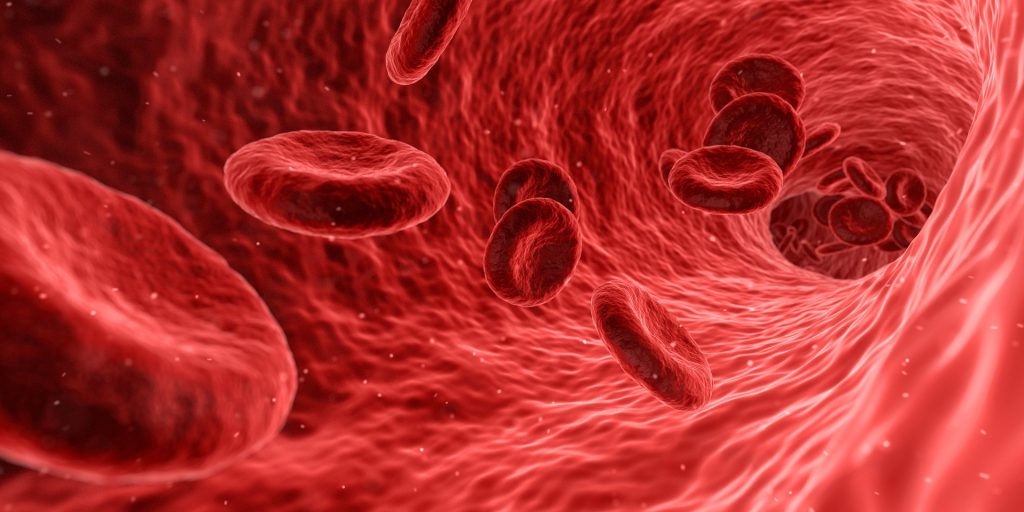
Researchers have discovered that a trace element, zinc, plays a previously unknown role in the regulation of blood pressure.
While the role of metals like potassium and calcium have been long known in this process, a new discovery about zinc’s critical and underappreciated role offers a potential new pathway for therapies to treat hypertension. While hypertension had been known to be associated with low zinc levels, it was not clear as to why.
The findings were published recently in Nature Communications.
The smooth muscle cells lining blood vessels regulate the speed at which the blood travels around the body. As smooth muscles contract, they narrow the artery, increasing blood pressure, and as the muscle relaxes, the artery expands and blood pressure falls. Too low a blood pressure, and the blood flow will be insufficient to sustain body tissues. If blood pressure is too high, the blood vessels risk being damaged or even ruptured.
“Fundamental discoveries going back more than 60 years have established that the levels of the calcium and potassium in the muscle surrounding blood vessels control how they expand and contract,” said lead author Ashenafi Betrie, PhD, and senior authors Scott Ayton, PhD, and Christine Wright, PhD, of the Florey Institute of Neuroscience and Mental Health and The University of Melbourne in Australia.
Specifically, the researchers explained, potassium regulates calcium in the muscle, and calcium is known to induce the narrowing of the arteries and veins that elevate blood pressure and restrict blood flow. Other cells surrounding the blood vessel, including endothelial cells and sensory nerves, also regulate the calcium and potassium within the muscle of the artery, and are themselves regulated by the levels of these metals contained within them.
“Our discovery that zinc is also important was serendipitous because we’d been researching the brain, not blood pressure,” said Dr Betrie. “We were investigating the impact of zinc-based drugs on brain function in Alzheimer’s disease when we noticed a pronounced and unexpected decrease in blood pressure in mouse models treated with the drugs.”
The investigators discovered that coordinated action by zinc within sensory nerves, endothelial cells and the muscle of arteries triggers lower calcium levels in the muscle of the blood vessel. This causes the vessel to relax, decreasing blood pressure and increasing blood flow. The scientists found that the brain and heart’s blood vessels were more sensitive to zinc than blood vessels in other areas of the body, warranting further research.
“Essentially, zinc has the opposite effect to calcium on blood flow and pressure,” said Dr Ayton. “Zinc is an important metal ion in biology and, given that calcium and potassium are famous for controlling blood flow and pressure, it’s surprising that the role of zinc hasn’t previously been appreciated.”
This research also explains the fact that the genes that control intracellular zinc levels are known to be associated with cardiovascular diseases including hypertension, and hypertension is also a known side effect of zinc deficiency.
“While there are a range of existing drugs that are available to lower blood pressure, many people develop resistance to them,” said Dr Wright, who added that a number of cardiovascular diseases, including pulmonary hypertension, are poorly treated by currently available therapies. “New zinc-based blood pressure drugs would be a huge outcome for an accidental discovery, reminding us that in research, it isn’t just about looking for something specific, but also about just looking.”
Source: Medical Xpress

